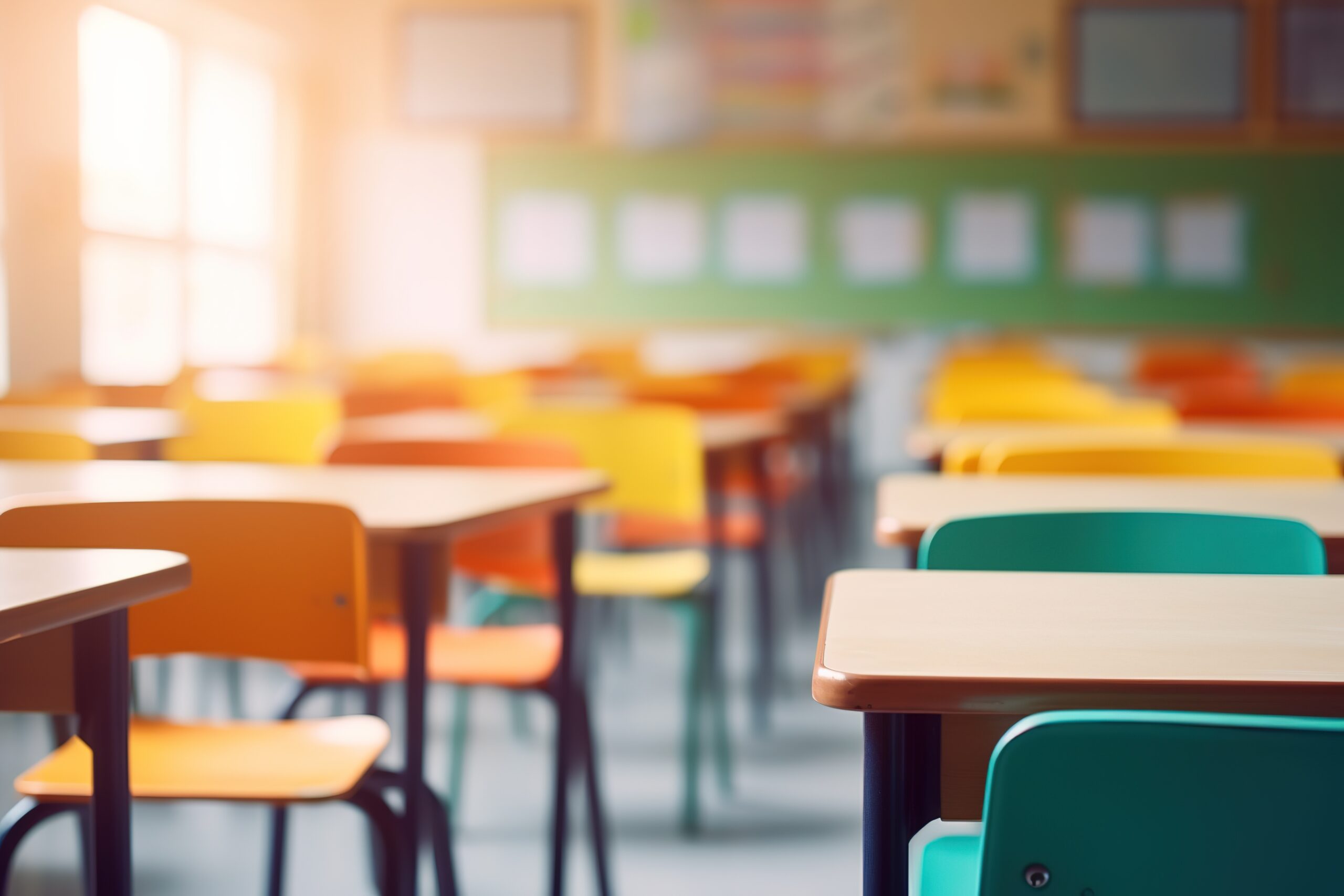The Intersection of Academics & Mental Health
Jamie S. Downey
Vice President, Marketing National Geographic Learning | Cengage
“You have to Maslow before you can Bloom.”
I heard this statement a few years ago and it has stuck with me. It often takes me back to my time as a first grade teacher. I was young, in my second year of teaching, and had a student in my class who would impact my view of education forever. Giovanni came to me as a first grader who, despite having attended Pre-K and Kindergarten, didn’t recognize the letter G. He would scream and cry and throw fits in the hallways, and my teammates felt sorry for me that I was his teacher (but were also glad they were not). The referral process for special education had been initiated.
“You have to Maslow before you can Bloom.”
I heard this statement a few years ago and it has stuck with me. It often takes me back to my time as a first grade teacher. I was young, in my second year of teaching, and had a student in my class who would impact my view of education forever. Giovanni came to me as a first grader who, despite having attended Pre-K and Kindergarten, didn’t recognize the letter G. He would scream and cry and throw fits in the hallways, and my teammates felt sorry for me that I was his teacher (but were also glad they were not). The referral process for special education had been initiated.
About a month in, I had a huge realization. Giovanni always got to school late, after breakfast was over. Although it was August in Austin, Texas and the temperatures were in the 90s and 100s, Giovanni would come to school in wool pants and long-sleeved shirts. He would wear shoes with no socks, and he was always dirty. He had a hard time making friends and was ridiculed by classmates. I learned from my review of his records that Giovanni and his sister have been taken away from their mother and stepfather multiple times for abuse, and noticed that he never came to the school when it rained.
I could write pages and pages about Giovanni and how he finished the year reading at a third-grade level, and how I can still remember the name of the book the first time I heard him read (La Pelota de béisbol in case you are wondering). However, what I want to focus on is the impact of Maslow and Giovanni‘s ability, or inability, to Bloom. He was late to school and therefore didn’t get breakfast, so had not eaten since lunch at school the previous day. He was either hot or cold and uncomfortable in his clothes. Most of all, he did not feel safe at home. I quickly realized that if Giovanni was going to feel safe anywhere, it needed to be our classroom. I started keeping snacks in the cabinet so any student could get any time they wanted, and worked with the cafeteria to ensure they kept a breakfast for Giovanni; I’d go and pick it up and then he would eat it in class when he arrived at school. I bought him clothes and socks for him to change into when he got to school and connected his mother with our school’s Parent Support Specialist. On days that it rained, I would go to his apartment and pick him up for school.

Slowly but surely, Giovanni started learning. First the letter G, then the rest of the letters in his name, and before long sounding out syllables and putting them into words. He even started to build relationships with his classmates. Giovanni was having his basic needs met at school, and even though he did not feel safe at home he knew that our classroom was a safe space and that he was protected. Because he was having his basic needs met, Giovanni was able to focus on learning- he could Bloom.
Long before the impact of COVID-19 on our young children and adolescents, educators understood that if students don’t have their basic needs met, we cannot expect them to focus on reading, writing, or math. The last four years have only further reinforced this fact. As we discuss the need to address the continued impact of learning loss, we must also recognize and address the effects many students face– because of food insecurities, financial worries, family dynamics, and/or isolation. By addressing students’ academic and mental health holistically, we are not only helping them recover from the short and long-term impacts of COVID, but also laying the groundwork for a future of well-adjusted individuals who understand and are comfortable speaking about their mental health. If we help address students’ needs as identified by Maslow, we truly will help them Bloom.

